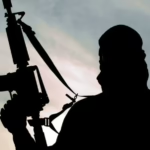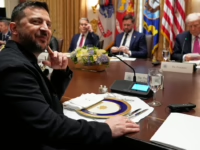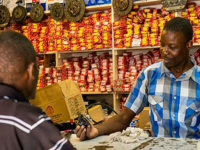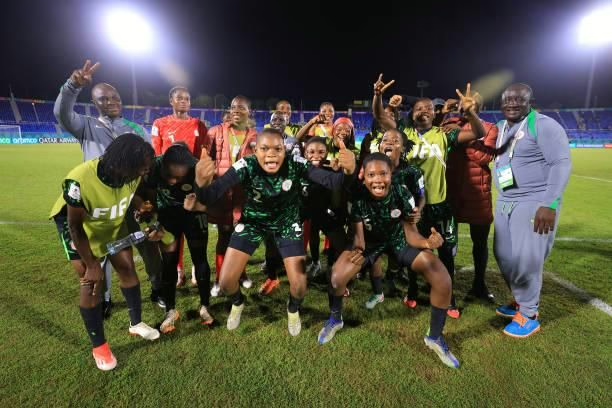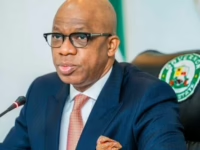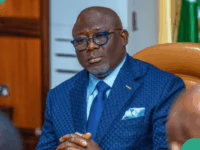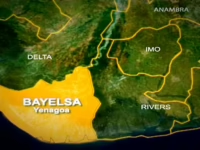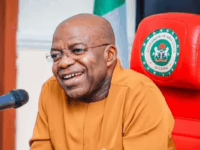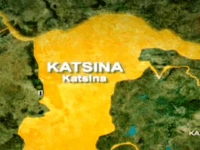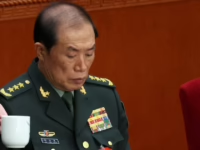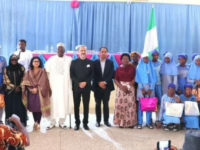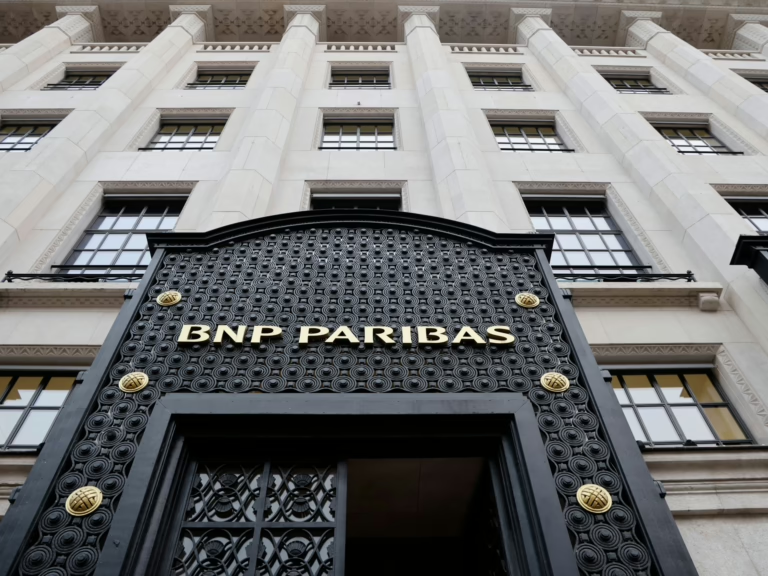A jury in New York has determined that BNP Paribas, the French banking institution, played a role in sustaining the regime of Sudan’s former leader Omar al-Bashir by providing financial support, thereby holding the bank accountable for human rights abuses committed during his tenure.
After hearing detailed accounts of atrocities carried out by Sudanese military forces and the government-affiliated militia known as the Janjaweed, the eight-member jury ruled in favor of three Sudanese-born plaintiffs, now American citizens, awarding them $20.75 million in damages.
The plaintiffs recounted harrowing experiences in the Manhattan federal court, including torture, cigarette burns, knife wounds, and, in the case of the female plaintiff, sexual violence.
Entesar Osman Kasher, one of the survivors, emotionally testified, “I have no family members left.”
The central issue of the trial was whether BNP Paribas’s financial activities constituted a “natural and proximate cause” of the suffering endured by victims of ethnic cleansing and widespread violence in Sudan.
In response, BNP Paribas issued a statement to AFP, asserting that the verdict was “fundamentally flawed” and that they intend to vigorously appeal the decision.
Lead attorney for the plaintiffs, Bobby DiCello, hailed the outcome as a triumph for justice and corporate responsibility.
“This verdict sends a clear message that financial institutions cannot ignore the repercussions of their business dealings,” DiCello remarked.
He added, “Our clients were devastated by a campaign of destruction financed by US dollars, which BNP Paribas enabled and should have prevented.”
During closing arguments, DiCello emphasized, “BNP Paribas facilitated ethnic cleansing and shattered the lives of these three survivors.”
BNP Paribas operated in Sudan from the late 1990s until 2009, issuing letters of credit that allowed the Sudanese government to fulfill its import and export contracts.
The plaintiffs contended that these financial guarantees allowed the regime to continue exporting commodities such as cotton and oil, generating billions of dollars that funded its oppressive activities.
Defense counsel Dani James countered, stating, “There is no direct link between the bank’s actions and the harm suffered by these individuals.”
James also highlighted that BNP Paribas’s operations complied with European laws and noted that international organizations like the International Monetary Fund maintained partnerships with Sudan during the same timeframe.
Defense attorneys further argued that the bank was unaware of the human rights violations occurring at the time.
Barry Berke, representing BNP Paribas, asserted, “The plaintiffs’ injuries would have occurred regardless of BNP Paribas’s involvement.”
He added, “Sudan committed these crimes independently of oil revenues or the bank’s participation.”
The verdict concluded a five-week trial overseen by US District Judge Alvin Hellerstein, who had previously rejected BNP Paribas’s motion to dismiss the case before it went to trial.
Judge Hellerstein noted in his ruling that evidence suggested a connection between BNP Paribas’s banking services and the Sudanese government’s abuses.
In 2014, BNP Paribas pleaded guilty and agreed to pay an $8.97 billion fine to resolve US allegations that it had transferred billions of dollars on behalf of Sudanese, Iranian, and Cuban entities under economic sanctions.
The US government officially recognized the conflict in Sudan as genocide in 2004. The war resulted in approximately 300,000 deaths between 2002 and 2008 and displaced around 2.5 million people, according to United Nations data.
Omar al-Bashir, who ruled Sudan for nearly 30 years, was removed from power and detained in April 2019 following widespread protests.
He faces genocide charges issued by the International Criminal Court.
Following al-Bashir’s removal, Sudan’s military leaders agreed to a power-sharing arrangement with civilian authorities, which collapsed in October 2021 when army chief Abdel Fattah al-Burhan and Rapid Support Forces commander Mohamed Hamdan “Hemedti” Dagalo orchestrated a coup.
In April 2023, violent clashes erupted between these factions, with both sides accused of committing war crimes amid ongoing conflict.


